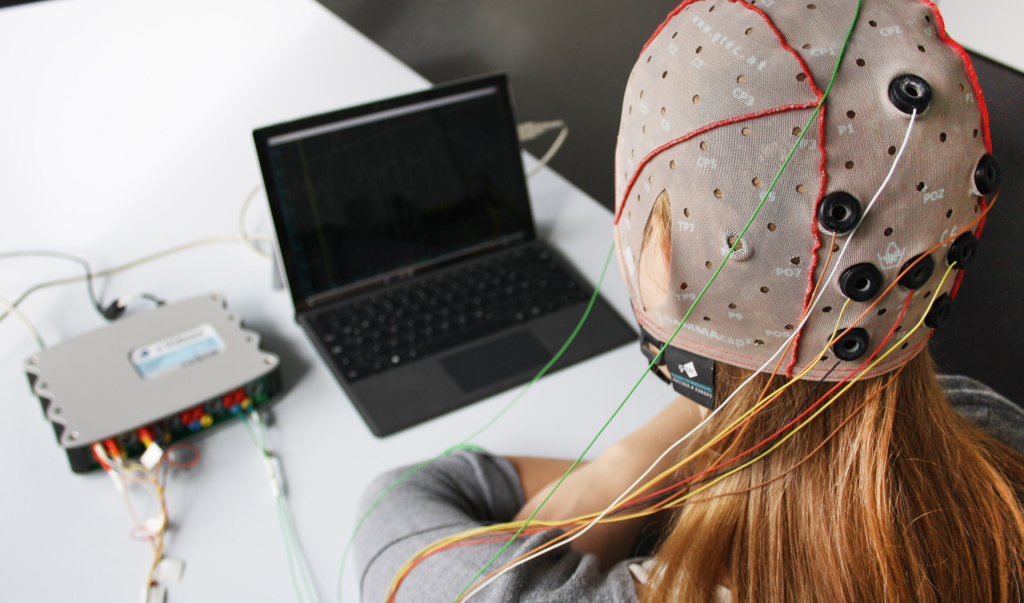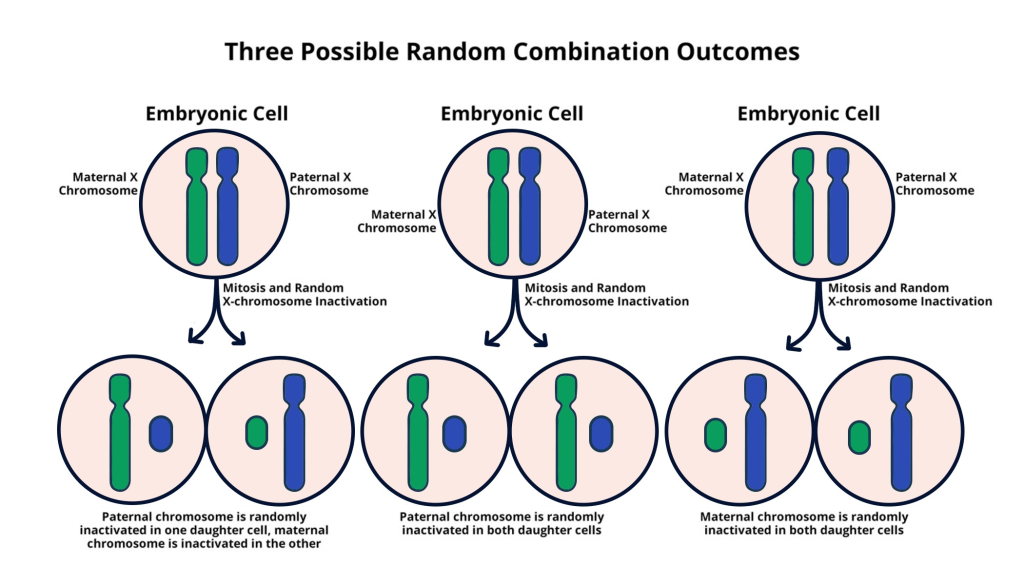
Brain-computer interfaces (BCIs) are at the forefront of a technological revolution that promises to bridge the gap between human cognition and machine processing. With the groundbreaking Neuralink technology showcasing incredible potential, individuals like Noland Arbaugh are beginning to control devices merely with their thoughts, offering hope for people with disabilities. However, these advances come with significant BCI risks, particularly regarding ethics and the implications of mind control. As we delve deeper into neurotechnology and brain chip implantation, it is crucial to address the ethical considerations that accompany such profound capabilities. The prospect of integrating human thoughts with technology raises pressing questions about privacy, consent, and the possible manipulation of the mind.
Brain-computer interfaces, also known as BCIs, represent an exciting intersection of technology and neuroscience, possibly altering our approach to human capabilities. This advanced neurotechnology, including implants that interact directly with the brain, has the potential to transform how we communicate, control devices, and even navigate our everyday lives. However, these innovations evoke complex conversations around the ethics of mind control and the responsibilities associated with brain chip implantation. As we explore this dynamic landscape, the stakes of deployment and regulation become increasingly significant, particularly when considering the potential for misuse. In navigating these uncharted waters, it becomes essential to balance the transformative potential of these technologies against the ethical frameworks needed to protect individual autonomy.
Understanding Brain-Computer Interfaces (BCIs)
Brain-computer interfaces (BCIs) represent a significant advancement in neurotechnology, allowing individuals to interact with computers and other devices using only their thoughts. By translating neural impulses into executable commands, these innovative systems hold considerable potential for people with limited mobility, enabling them to regain a sense of independence. This technology is particularly promising for individuals suffering from conditions such as paralysis, as evidenced by the case of Noland Arbaugh, who successfully controlled a computer mouse and played chess with a Neuralink brain chip implant.
Despite the remarkable capabilities presented by brain-computer interfaces, it’s essential to recognize that these systems are still in their infancy. Ongoing research aims to deepen our understanding of the brain’s intricate workings, paving the way for improved applications of BCI technology. With a projected market worth of approximately $400 billion in the U.S., the allure of BCIs extends beyond rehabilitation, raising questions about how they might be used in everyday life and the ethical considerations that accompany such innovations.
Frequently Asked Questions
What are brain-computer interfaces and how do they work?
Brain-computer interfaces (BCIs) are advanced neurotechnology systems that enable direct communication between the brain and external devices. They work by detecting brain signals, decoding them, and translating these signals into actionable commands for computers or prosthetics. This allows individuals with disabilities to control devices using their thoughts.
What are the potential risks associated with Neuralink technology?
Neuralink technology, a type of brain-computer interface, presents several risks including potential surgical complications from brain chip implantation, the possibility of hacking or unauthorized access to personal thoughts, and the psychological effects of altering brain function. Experts caution against the implications of mind control ethics when BCIs are used to influence behavior.
How does mind control ethics relate to brain-computer interfaces?
Mind control ethics is a critical topic in the discussion of brain-computer interfaces because the ability to decode and potentially manipulate thoughts raises serious ethical concerns. The potential for misuse by individuals or governments could lead to violations of mental privacy and individual autonomy. Ethical guidelines are necessary to safeguard against these risks.
What advancements in neurotechnology have been made with brain-computer interfaces?
Recent advancements in neurotechnology related to brain-computer interfaces include improved signal processing techniques, more sophisticated algorithms for decoding brain activity, and the development of less invasive brain chip implantation methods. These innovations aim to enhance the functionality of BCIs, making them more accessible for therapy and rehabilitation for individuals with neurological impairments.
Can brain-computer interfaces help individuals with disabilities?
Yes, brain-computer interfaces can significantly help individuals with disabilities by allowing them to control prosthetic devices, communicate through speech synthesis, and interact with computers using their thoughts alone. This technology opens up new avenues for independence and improves quality of life for those affected by conditions such as paralysis or severe motor impairment.
What is the market potential for brain-computer interfaces in the healthcare industry?
The market potential for brain-computer interfaces in the healthcare industry is estimated to reach around $400 billion in the U.S. alone. With millions of individuals suffering from conditions like spinal cord injuries and strokes, the demand for neurotechnology that enhances recovery and independence continues to grow.
How can brain-computer interfaces affect behavior and cognition?
Brain-computer interfaces can potentially affect behavior and cognition by altering brain function through techniques like deep brain stimulation. Some patients have reported unexpected behavioral changes, highlighting the need for careful study and ethical consideration of how BCIs may influence an individual’s actions or mental state.
What historical context influences the development of brain-computer interfaces today?
The development of brain-computer interfaces today is informed by historical instances of mind control experiments during the Cold War, such as the CIA’s MKUltra program. These past abuses in neurotechnology emphasize the importance of ethical frameworks to prevent misuse and ensure that advancements serve to benefit humanity rather than infringe upon individual rights.
| Key Point | Details |
|---|---|
| Neuralink’s First Implant | Noland Arbaugh received a brain chip implant that allowed him to control a computer with his mind, showcasing the potential of brain-computer interfaces (BCIs). |
| Potential Benefits of BCIs | BCIs hold promise for individuals with disabilities, enabling control over prosthetics, computers, and even translation of thoughts into speech. |
| Market Potential | The BCI market could reach $400 billion in the U.S. with millions of patients benefiting from the technology. |
| Historical Caution | Discussion paper from the Carr Center warns of potential misuse of BCI technology, drawing parallels with past mind-control experiments (e.g., MKUltra). |
| Ethical Concerns | Concerns about mental privacy, consent, and the risk of behavior alteration associated with advanced BCI technologies. |
| Continued Development Support | Meier advocates for BCI technology development to keep pace with global advancements and prevent misuse by adversaries. |
Summary
Brain-computer interfaces (BCIs) represent a revolutionary frontier in technology, offering significant benefits for individuals with disabilities. However, as highlighted by recent cautionary discussions, the potential for misuse and ethical concerns surrounding mental privacy and behavior control cannot be ignored. As we advance towards a future where BCIs may become commonplace, it is crucial to navigate these challenges carefully and ensure that the development of this technology prioritizes the well-being and autonomy of individuals.


